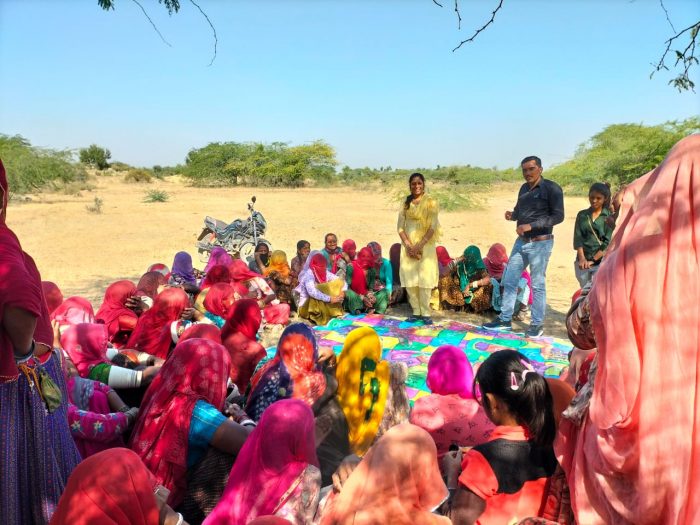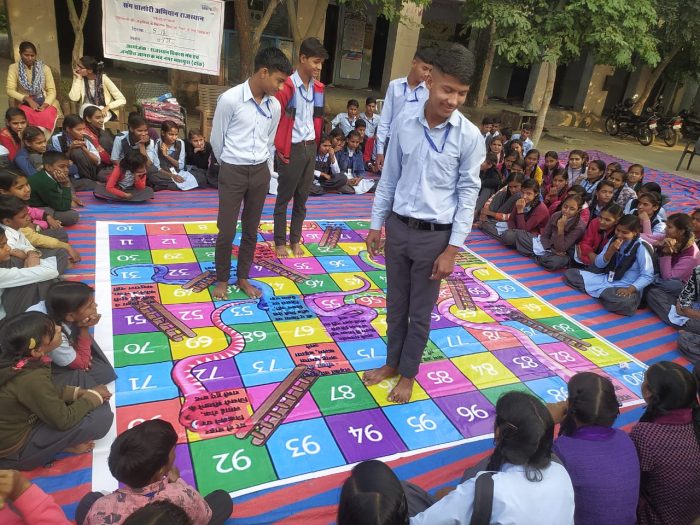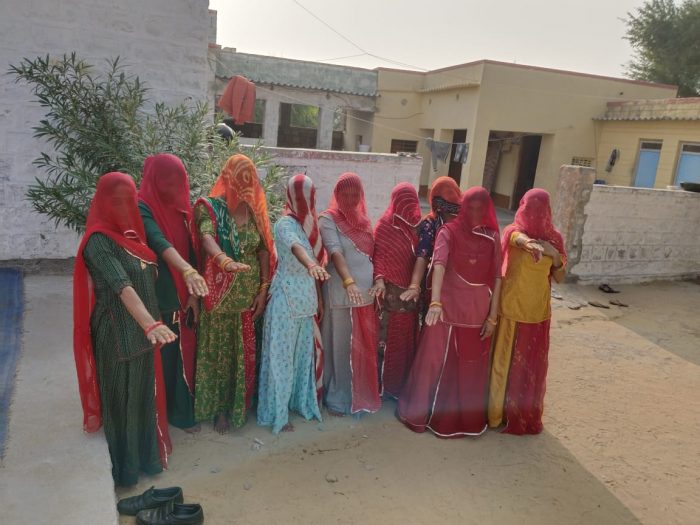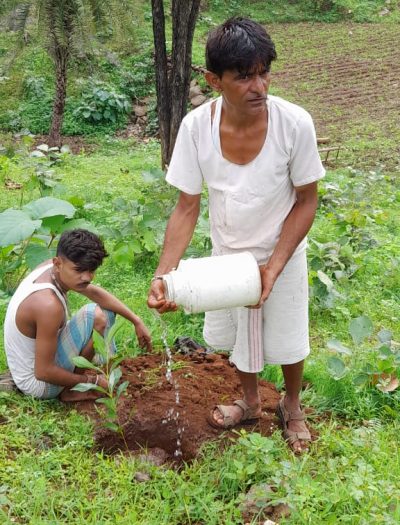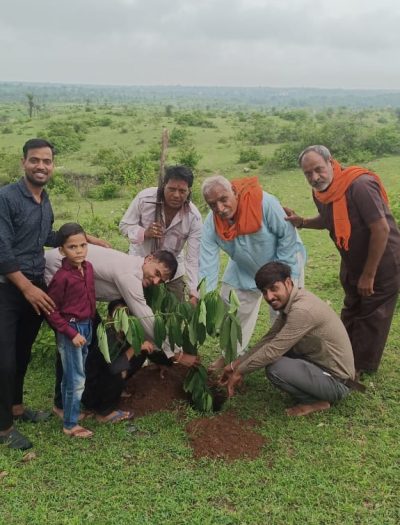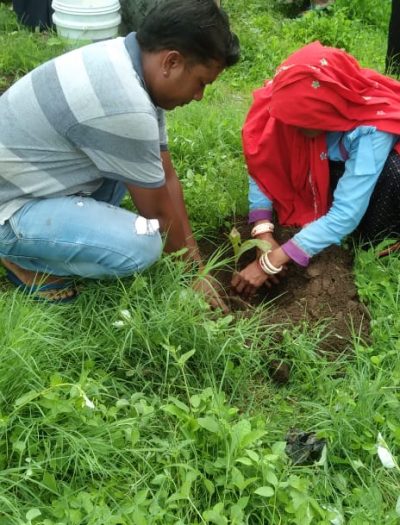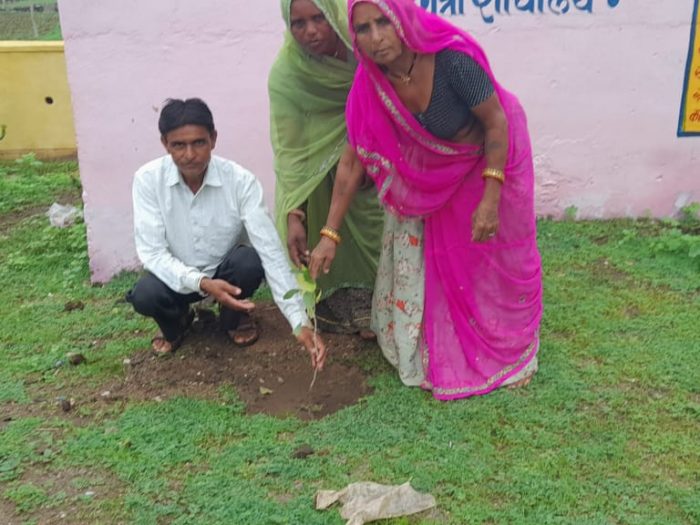Sang Chalo Ri
Sang Chalori Campaign was initiated at the state level to realize the idea of Sang Chalo Ri Abhiyan to make separate efforts on women’s issues so that along with promoting women leadership in local organizations, this intervention would convert a strong organization of women from micro to macro level where women themselves will lead their issues to be resolved with their collective action and collaboration this would also lead in establishing a separate identity of women in leading a collective effort at various levels and promote self-respect and dignity This campaign has also initiated involving women in decision making and participation in conservation of commons, where women will have a special role in the conservation and promotion of local natural resources for promotion of sustainable livelihoods in future. This campaign was started with about 30 local organizations associated with Rajasthan Vikas Manch in the state. In which efforts were made to create an environment for understanding women’s issues at each organization level and to be sensitive to the needs of women. Sang Chalo Ri organize campaigns to try to promote collective action on women’s issues to mainstream their space and position in society.
Sixteen Days of Activism
The first campaign was organized on account of “16 days of activism”, through a total of 28 people’s organizations in different districts of Rajasthan. 1960 women/girls were the direct beneficiaries of this campaign. 3 different activities focused on GBV were conducted during this campaign.
Mahila Gram Sabha
A Mahila Gram Sabha is for addressing issues related to women in panchayats. The goal of the Mahila Sabha is to educate women about government initiatives and to provide a platform for women to advocate for their rights and to promote their active participation in GPDP of Panchayati raj. campaign organized for keeping women united and helping them to become progressive through collective efforts and connecting them to various opportunities, Mahila and Kishori Gram Sabha fortnight was celebrated on account of International Women’s Day in collaboration with the Panchayats. In these Gram Sabhas, women and adolescents presented their needs related to local resources, solutions of problems, and works to be done through collective efforts, getting the proposals written in the proceedings register of panchayats and doing follow-ups for getting updates regarding the proposals submitted in the Gram Sabhas. During the Gram Sabhas, the Panchayat representatives Sarpanch/Secretary were present and assured to take possible action on the proposals of the women. A program was organized at the state level to share the experiences of Mahila Gram Sabhas, in which women leaders shared their experiences. During this, women leaders shared their experiences related to Mahila Gram Sabhas. Women participated in the Gram Sabha for the first time. Now they are aware of the process of organizing Gram Sabha. The women said that they participated in the Gram Sabha for the first time. They also said that they do not even know when the Gram Sabha is held; they are called to the Panchayat only to get their signatures done in the Gram Sabha register.
Plantation Drive
A Plantation Drive Campaign in Action and Collaboration
Rajmeru organized a campaign “Plantation Drive Campaign in Action and Collaboration” in July and August 2024. The main objectives of this campaign were to plant trees to conserve the environment, to aware the community about the importance of plants, and try to reduce the adverse effects of climate change by creating carbon sinks through plantation. Plantation drives can help combat environmental issues like deforestation, soil erosion, and global warming. Trees absorb harmful gases and release oxygen, which helps increase the oxygen supply and creates natural carbon sinks.
This campaign was a collective action in collaboration with People, their community institutions, Rajmeru Volunteers, Panchayats, the Forest department, Schools, and other Govt. departments. Plants were selected based on the local environment, needs of the community, and availability. Under this campaign, a total of 37969 plants were planted in 135 villages in 81 panchayats in 18 districts of Rajasthan with the help of local people’s organizations and volunteers. These plants were planted at places like community building premises, courtyards of houses, roads, village common places, school premises, near wells, public gardens, and all such places where there is a complete arrangement for water and responsibility for future maintenance is fixed, were selected for plantation. The responsibility of plantation was taken by all the people associated with the PO (VDC members, Sang Chalo Ri women, youth leaders, youth team, local school, village panchayat representatives, members associated with deprived communities, and others).
The arrangement of plants for plantation was made through the cooperation of local PO members, village panchayat, government school management, Forest Department and other villagers, etc. The members of the PO and the VDC members submitted an application to the forest department through the Gram Panchayat and the government school and arranged for the plants.
This campaign was organized under self-governed collective efforts. Panchayat members, government school management, etc. participated enthusiastically in this campaign.

